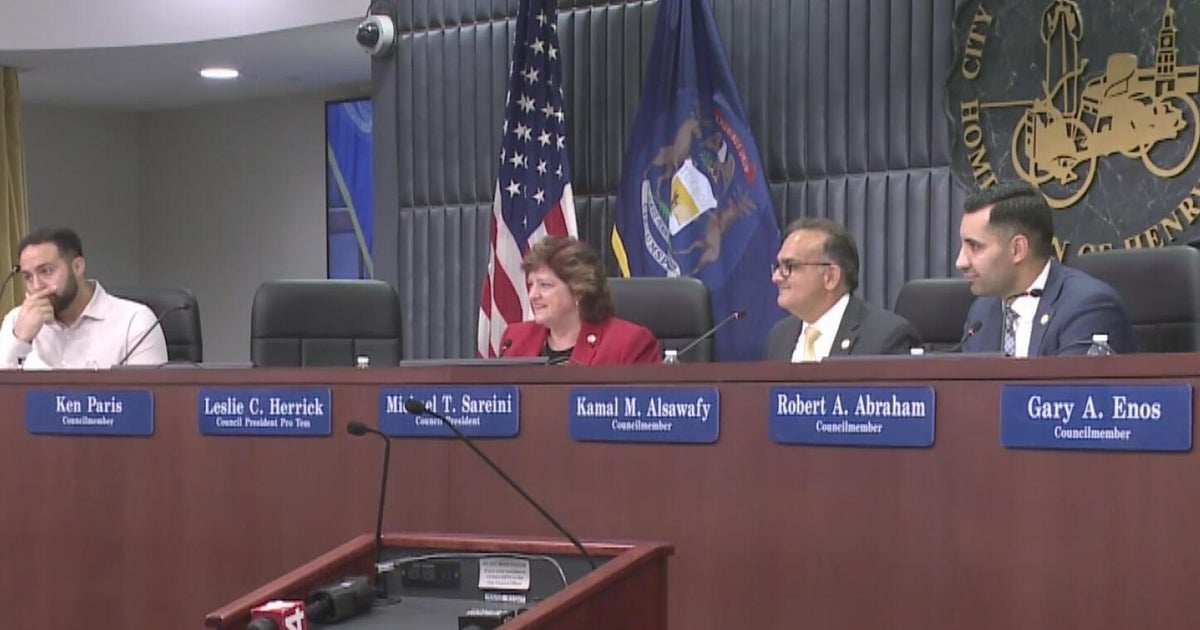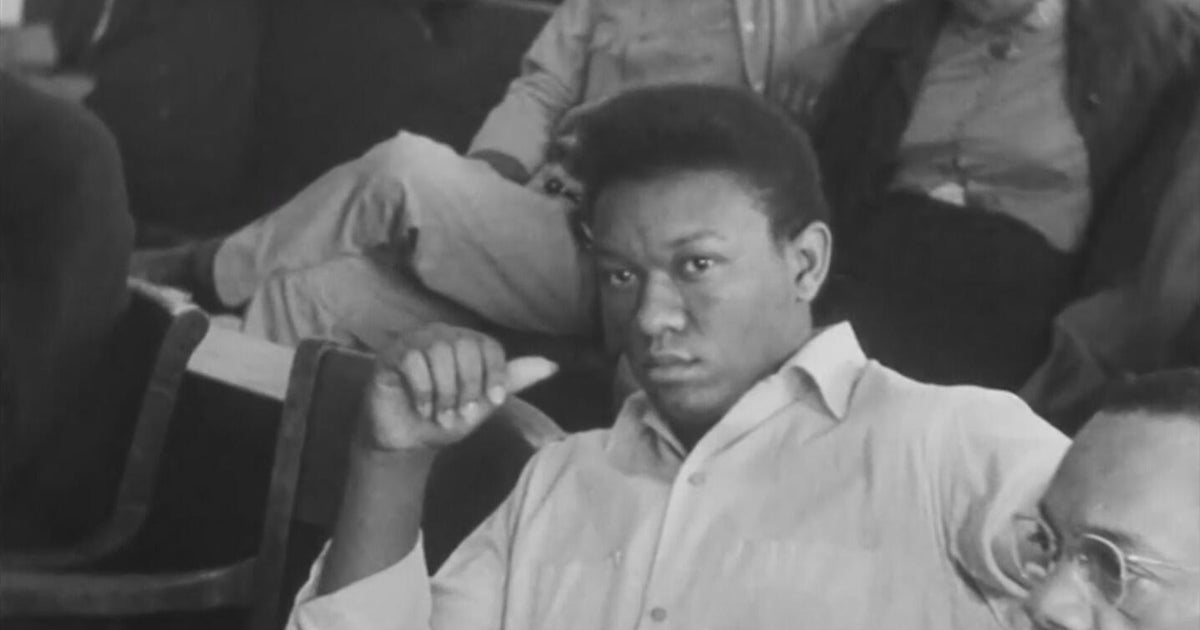A top flutist, paid $70,000 less than a male oboist, sues for gender bias
A lawsuit over equal pay in the ultra-competitive classical music world may strike a chord with women in all types of professions.
The lawsuit, from Boston Symphony Orchestra principal flutist Elizabeth Rowe, claims she's a victim of gender bias because the orchestra pays the principal oboist -- a man -- about $70,000 more per year.
While both instruments are important in orchestral music and require similar abilities, Rowe's lawsuit claims she was also featured as "a star performer and the face of the BSO," trotted out for solos and to convince donors to open their wallets -- yet still paid less. Aware of the discrepancy in pay with her oboist colleague, she asked the orchestra to adjust her salary to reach parity during each of the last three years, but to no avail, according to the lawsuit.
The suit is challenging the orchestra's pay structure under Massachusetts' new Equal Pay Act, which went into effect in July and prohibits employers from paying lower wages to workers of a different gender who perform comparable work, which in most cases are women.
"Both the principal oboe and principal flute are leaders of their woodwind sections, they are seated adjacent to each other, they each play with the Boston Symphony Chamber Players, and are both leaders of the orchestra in similarly demanding artistic roles," the lawsuit noted.
The new law also bars salary histories as a defense for unequal pay, meaning an employer can't argue that a man is paid more, or a woman less, because of their previous salary history. Because salary history is frequently cited as one reason gender pay imbalances are perpetuated, the law aims to chip away at a stubborn problem.
John Ferrillo, the oboist, earned a base salary of about $287,000 in 2016, according to the orchestra's public filings. He also received almost $188,000 in additional compensation, which the filing didn't specify.
"Many variables"
Gender isn't one of the variables used by the BSO in setting pay for principal musicians, the BSO said in a statement sent to CBS MoneyWatch. "Compensation policies for principal musicians are complex and by nature allow for many variables," the statement noted.
Rowe's attorney didn't immediately return requests for comment. The two sides are reportedly in mediation to resolve the dispute, according to The Washington Post.
The orchestra told the Post that the pay was partly influenced by the difficulty of the oboe and its smaller pool of musicians. Typically, orchestras provide higher pay for its most prominent players, such as its concertmaster or principal players, not because of how small a talent pool is or the learning curve for an instrument.
Out of tune?
Gender imbalances in the boardroom and in corporate leadership roles are deeply studied and debated, but less attention has been given to the world of classical music, where real-world gender imbalances hide behind the refined glamour of symphony halls and orchestral galas.
Orchestra conducting remains one of the world's predominantly male professions, despite the inroads that women have made. Of the 100 conductor jobs with the Association of British Orchestras, only four were held by women as recently as 2017.
To be sure, blind auditions have helped women gain a foothold inside the orchestra, shifting the balance from what were once male-only symphony orchestras to a 60/40 split, with men remaining dominant in the country's largest orchestras.
Introduced several decades ago, blind auditions place musicians behind a screen so that the hiring committee can't see the gender, race or age of the person who's auditioning for a coveted spot. That has boosted the ranks of women and minorities in orchestras, but Rowe's lawsuit suggests that once the screen is removed, gender comes into play.
Male musicians earn the most
The top earners at the nation's 21 biggest orchestras are men, according to an analysis from the Washington Post. Top-paid male musicians earn about $255,000, while women earn about $202,000. And men also dominate those top-paying roles, representing more than 80 percent of the highest-paid musicians.
Those trends hold true at the Boston Symphony Orchestra, Rowe's lawsuit claims. It noted that all principal chairs have been held by men throughout the orchestra's history, with the exception of the flute and harp, which are traditionally played by women.
And the principals of the viola, trumpet, timpani and horn section -- all men -- also earned more than Rowe, her lawsuit alleges.
So how did oboist Ferrillo, end up earning more than Rowe? He was wooed away from the Metropolitan Opera Orchestra with the promise of double the typical pay of the orchestra's rank-and-file. Rowe's lawsuit claims the orchestra should correct that discrepancy under the new state law.





